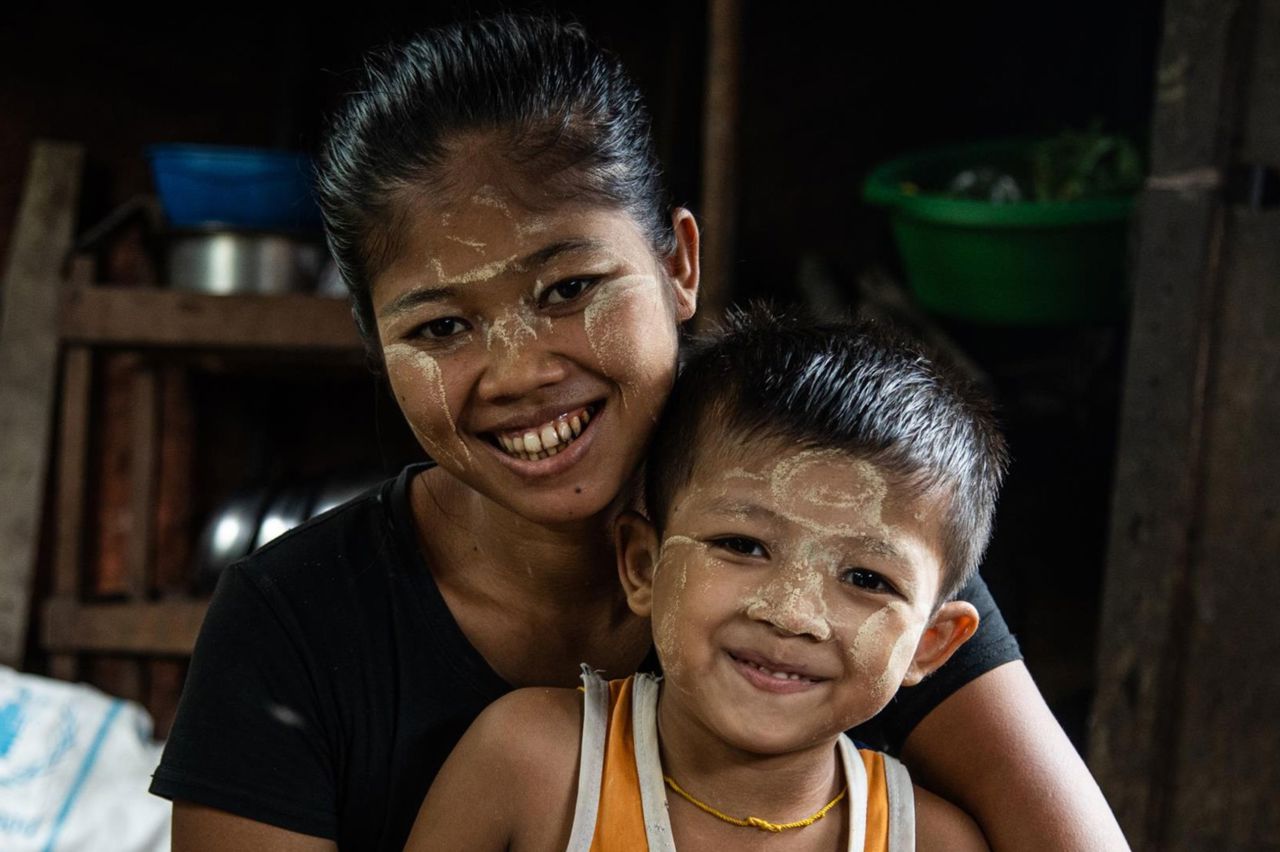
Project reference
20-0094-004-MYA-CEE-WFP
Contract duration
2022 - 2023
Budget
408,088
(USD 440.120)
Countries
Myanmar
Keywords
Food and nutrition, Human rights, Humanitarian aid, Monitoring & Evaluation, Rural and urban development
Corporate Emergency Evaluation of WFP’s Response in Myanmar (2018-2022)
This independent evaluation of the Corporate Emergency Evaluation of WFP’s Response in Myanmar assessed the appropriateness, effectiveness and efficiency of its emergency response in multiple crises in the country from 2017 to 2022.
The evaluation served the double purpose of providing: a) evidence and accountability (performance and result assessment) for results to WFP stakeholders; and b) provide learning (why certain results occurred or not, lessons and evidence for decision-making about a potential scale-up) on WFP’s performance in the Myanmar emergency context, specifically for developing WFP’s future engagement in Myanmar and for broader learning on WFP complex emergency responses.
The CEE‘s subject and focus followed a modular approach, including:
The evaluation used a mixed methods approach relying on a variety of primary and secondary sources, including desk review, key informant interviews, focus and groups discussions, additional questions to the post-distribution monitoring, phone survey, and geospatial analysis. Systematic triangulation across different sources and methods was carried out to validate findings and avoid bias in the evaluative judgement.
The final report is available at: https://www.wfp.org/publications/corporate-emergency-evaluation-wfps-response-myanmar-2018-2022
The evaluation served the double purpose of providing: a) evidence and accountability (performance and result assessment) for results to WFP stakeholders; and b) provide learning (why certain results occurred or not, lessons and evidence for decision-making about a potential scale-up) on WFP’s performance in the Myanmar emergency context, specifically for developing WFP’s future engagement in Myanmar and for broader learning on WFP complex emergency responses.
The CEE‘s subject and focus followed a modular approach, including:
- Strategic positioning vis-à-vis evolving needs (incl. informed strategy, assistance adaptation to changing needs, internal coherency of CSP and budgets revisions, well targeted assistance for food insecure and vulnerable groups).
- Effectiveness in achieving CSP objectives (incl. delivering on planned activities, outputs and strategic outcomes, coverage of assistance, preparedness to respond to crisis, gender equality and empowerment of women)
- Connectedness of assistance (incl. assistance in taps into local capacities and is community-driven, transition and exit, tailored to local capacities and context, strategic linkages to establish along the triple nexus between humanitarian action, development, and contributions to peace, environmental sustainability)
- Partnerships and coordination (incl. coherent and aligned with the wider UN and humanitarian sector, developed appropriate and effective partnerships).
- Humanitarian principles, protection and AAP (incl. adherence to humanitarian principles and “Do No Harm” in all phases of its assistance, managing trade-offs between humanitarian principles, protection challenges faced personnel and its target populations, accountability to affected populations).
- Efficiency (incl. ability to mobilise adequate resources, activities and outputs delivered within the intended timeframe; activities have been cost-efficient; adequacy of corporate support during the consecutive crises; management of operational risks.
The evaluation used a mixed methods approach relying on a variety of primary and secondary sources, including desk review, key informant interviews, focus and groups discussions, additional questions to the post-distribution monitoring, phone survey, and geospatial analysis. Systematic triangulation across different sources and methods was carried out to validate findings and avoid bias in the evaluative judgement.
The final report is available at: https://www.wfp.org/publications/corporate-emergency-evaluation-wfps-response-myanmar-2018-2022
Partners
Particip